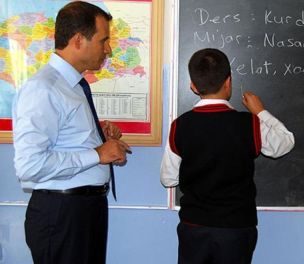'A response to pressure': Full enrollment in universities’ Kurdish language departments

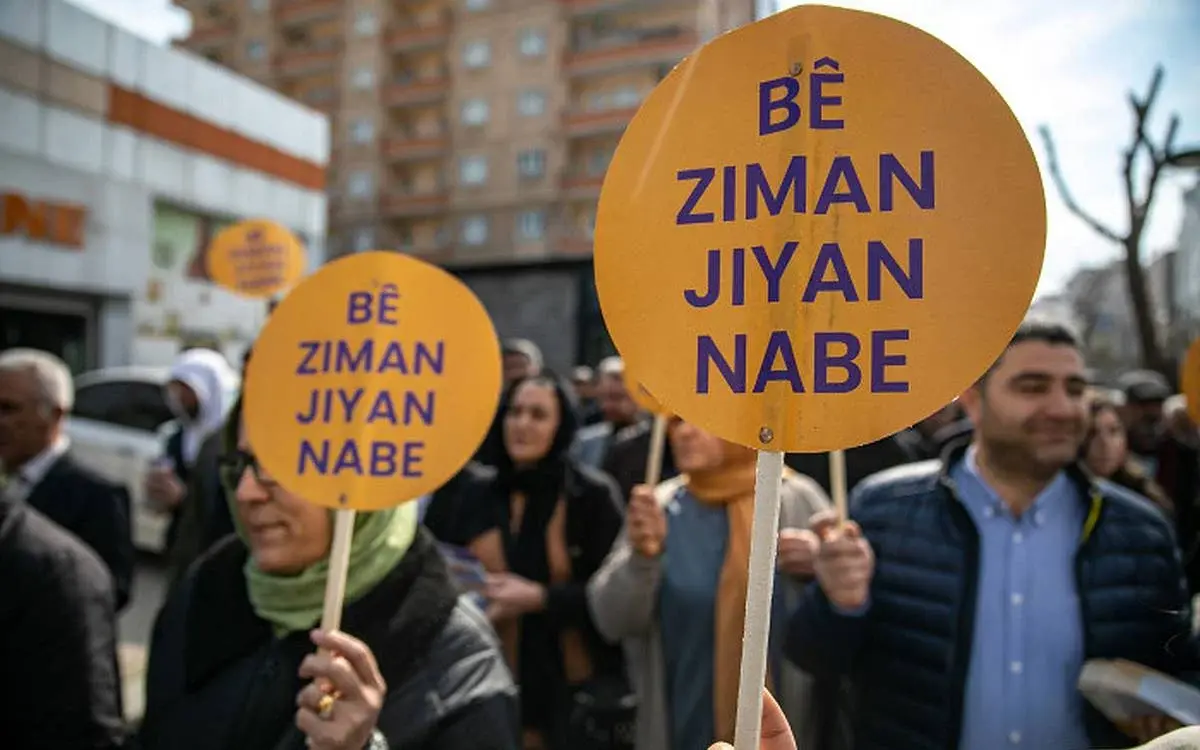
Despite growing pressure on the Kurdish language in recent years, all available spots in Kurdish language undergraduate programs across several universities in Turkey have been filled, according to the recently announced results of the Higher Education Institutions Examination (YKS) on August 13.
Reha Ruhavioğlu, director of the Kurdish Studies Center, reflected on this development, noting the significance of this trend in light of the ongoing restrictions on the Kurdish language in public spaces. “While even a single word of Kurdish on the streets is intolerable, and warning signs in Kurdish like 'Peşi Peya' are being removed, interest in Kurdish continues to grow," he said.
Full capacity
For the first time, all 26 spots in the Kurdish Language and Literature program at Diyarbakır’s Dicle University, which was established in 2012 but admitted students for the first time this year, were filled. Similarly, Mardin Artuklu University's Kurdish Language and Literature program, which nearly reached full capacity in 2022 and 2023, offered 36 spots this year, all of which were taken.
Additional programs in Zazaki, a dialect of Kurdish, at Bingöl University and Munzur University, as well as Kurdish Language and Literature programs at other universities, also reported full enrollment, with a total of 196 students securing places in these programs.
‘A response to pressures’
Ruhavioğlu attributed this surge in interest to the increasing pressures on the Kurdish language, suggesting that these restrictions may have driven more people to actively choose to study Kurdish as a form of resistance. “I believe these pressures are reflected in the choices people are making,” he added.
He also emphasized that many students are not solely motivated by career prospects, such as becoming teachers, but by a desire to preserve and promote the Kurdish language. "Kurdish people are not abandoning the mechanisms available to protect their language. Many see learning Kurdish as a duty to their mother tongue," Ruhavioğlu explained.
The future of Kurdish language education
Ruhavioğlu pointed out the correlation between the popularity of Kurdish language programs in universities and the selection of Kurdish as an elective course in primary and secondary education. While the number of students choosing Kurdish electives has increased from 20,000 to 25,000 in recent years, the overall percentage remains low. He suggested that if these courses were more widely supported or if the government made a concerted effort to promote them, the likelihood of graduates securing teaching positions would increase.
"The most important takeaway from this trend is that Kurds are not giving up on their mother tongue. However, considering that millions of students take the exam, 200 students is not a large number. This figure will only grow as Kurds persist in their efforts to preserve their language," he said.
Call for enhanced language policies
Ruhavioğlu concluded by urging Kurdish communities and political actors to develop more robust language policies, especially given the challenges faced by families in maintaining the use of Kurdish at home. He stressed the need for more initiatives to promote the use of Kurdish in daily life and to increase the uptake of Kurdish elective courses.
"Kurdish political actors must create policies that address the issues of using Kurdish at home and encourage the broader use of the language," he said. (RT/VK)
Prosecutors seek up to three years in prison for 139 arrested during İmamoğlu protests
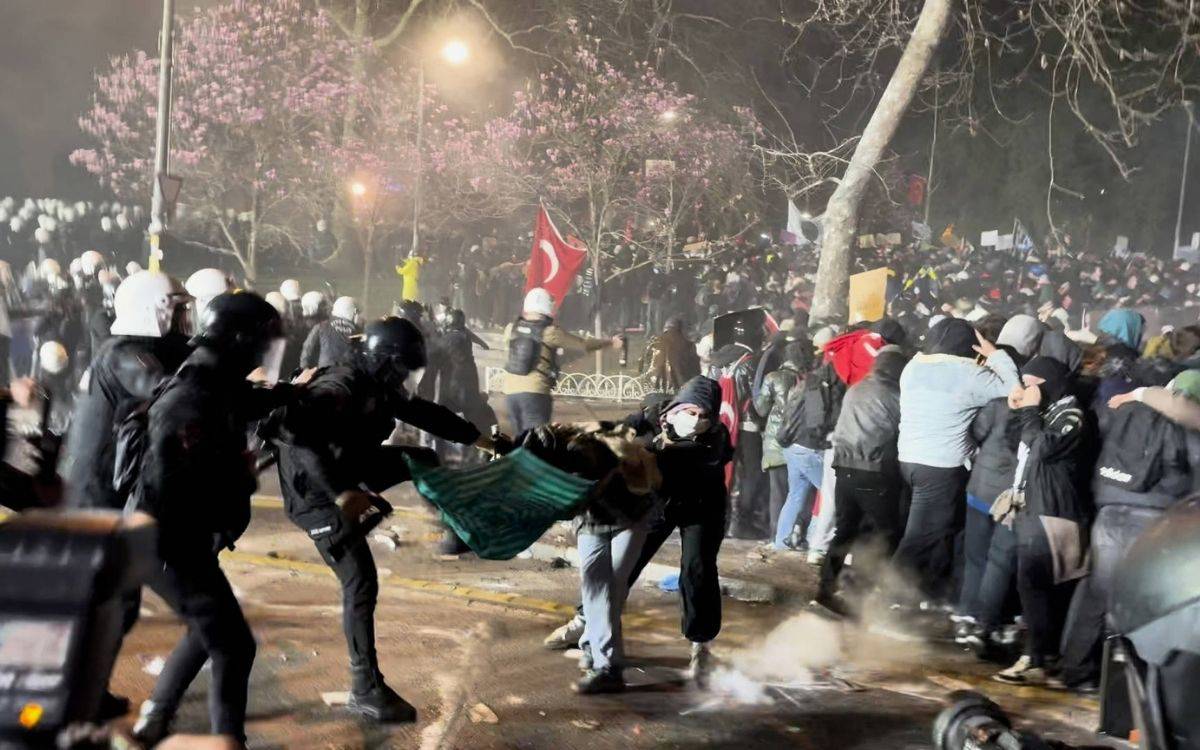
Pro-Kurdish group at center of İmamoğlu investigation slams ‘coup amid peace talks’
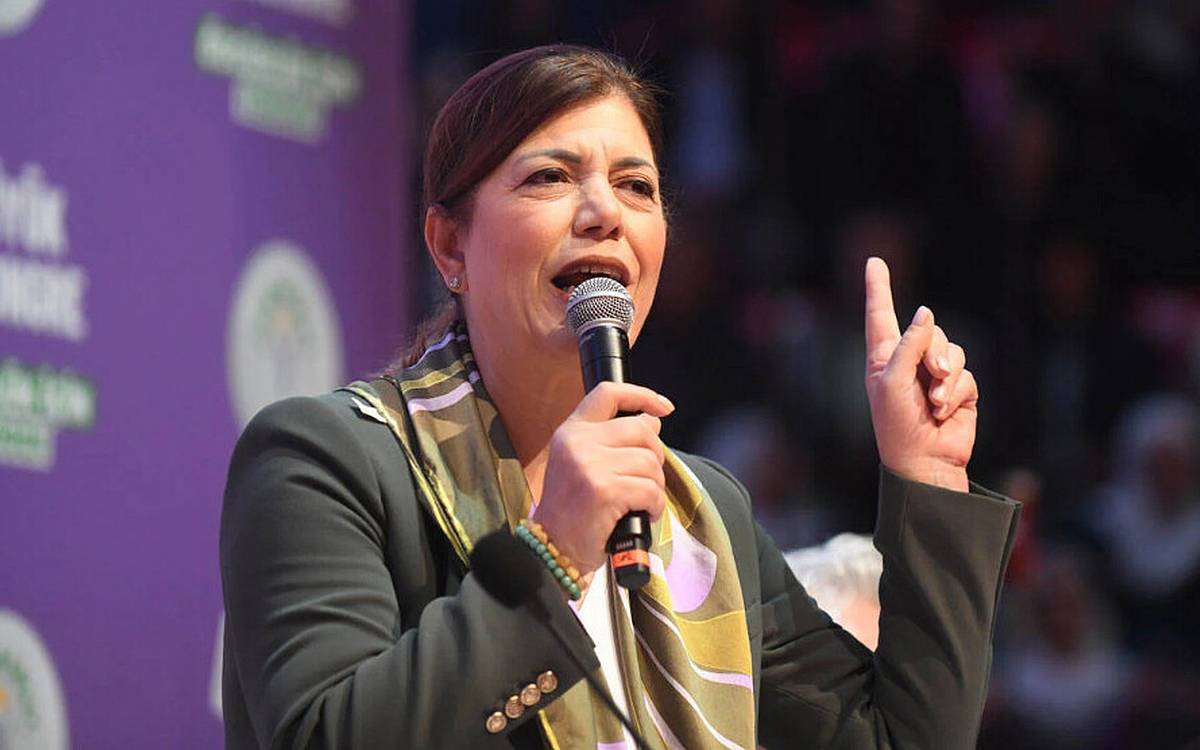
KONGRA-GEL leader backs Öcalan's statement
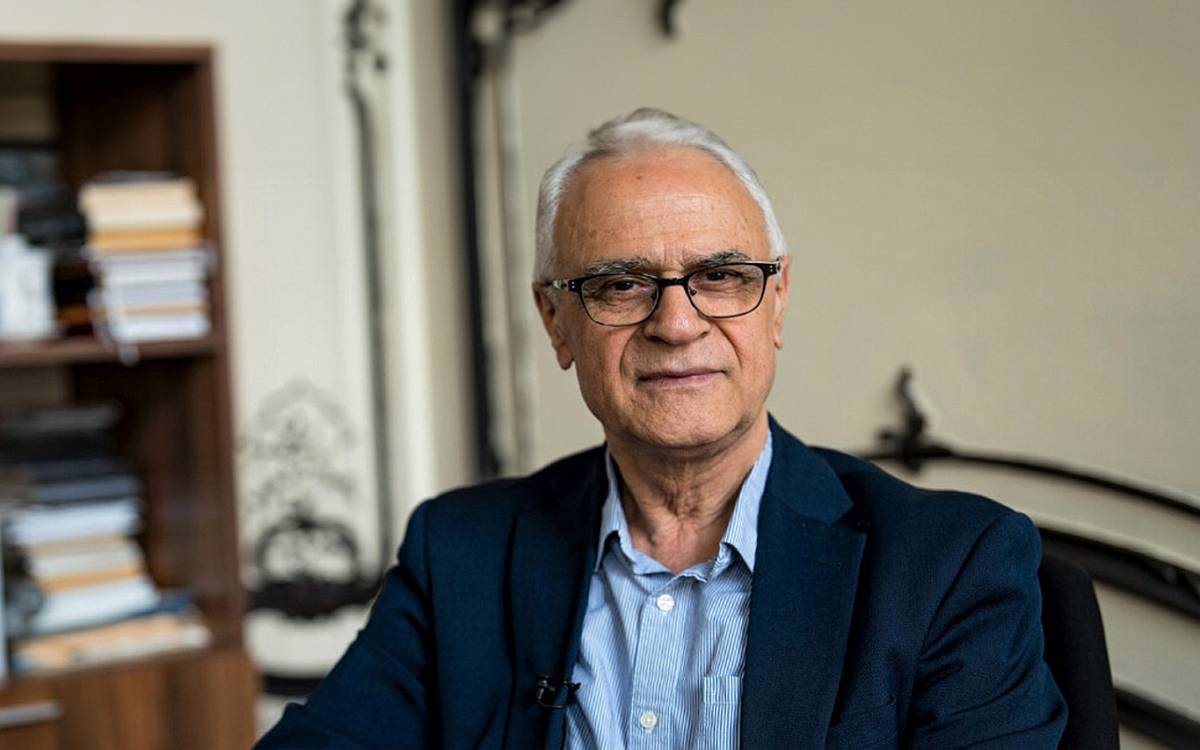
Detentions targeting pro-Kurdish group protested at İstanbul Courthouse
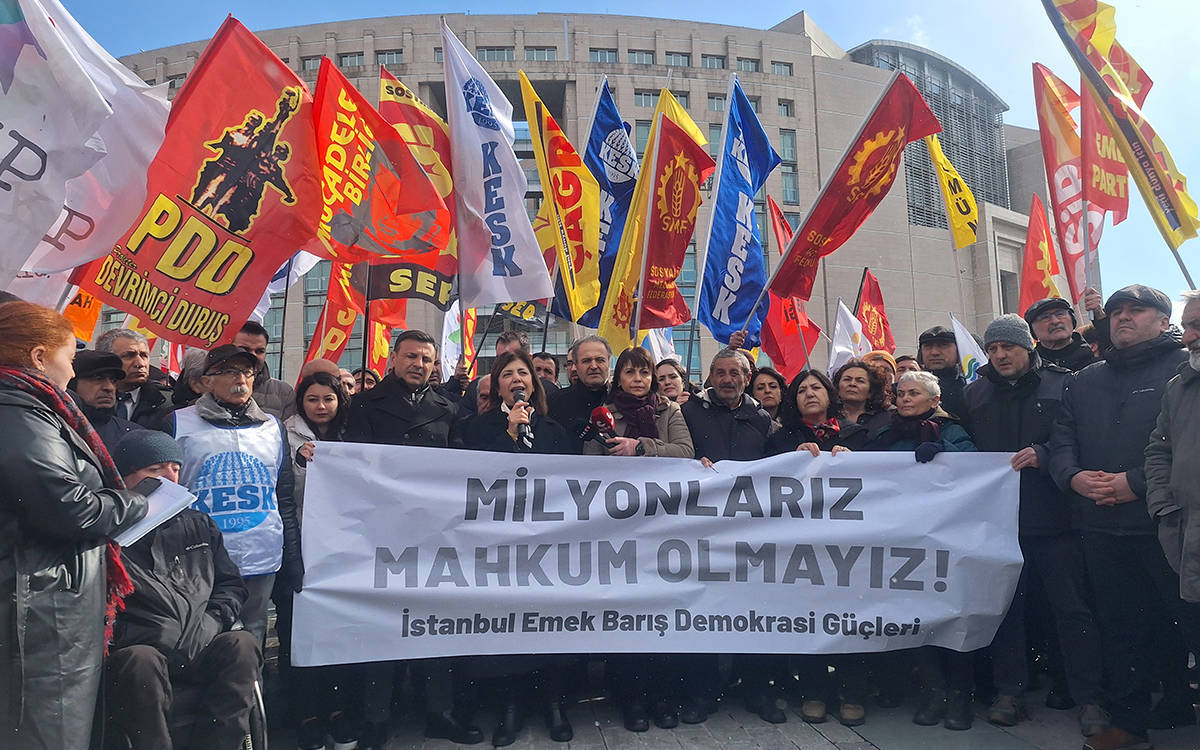
Survey: Erdoğan’s AKP seen as most capable party of resolving Kurdish issue
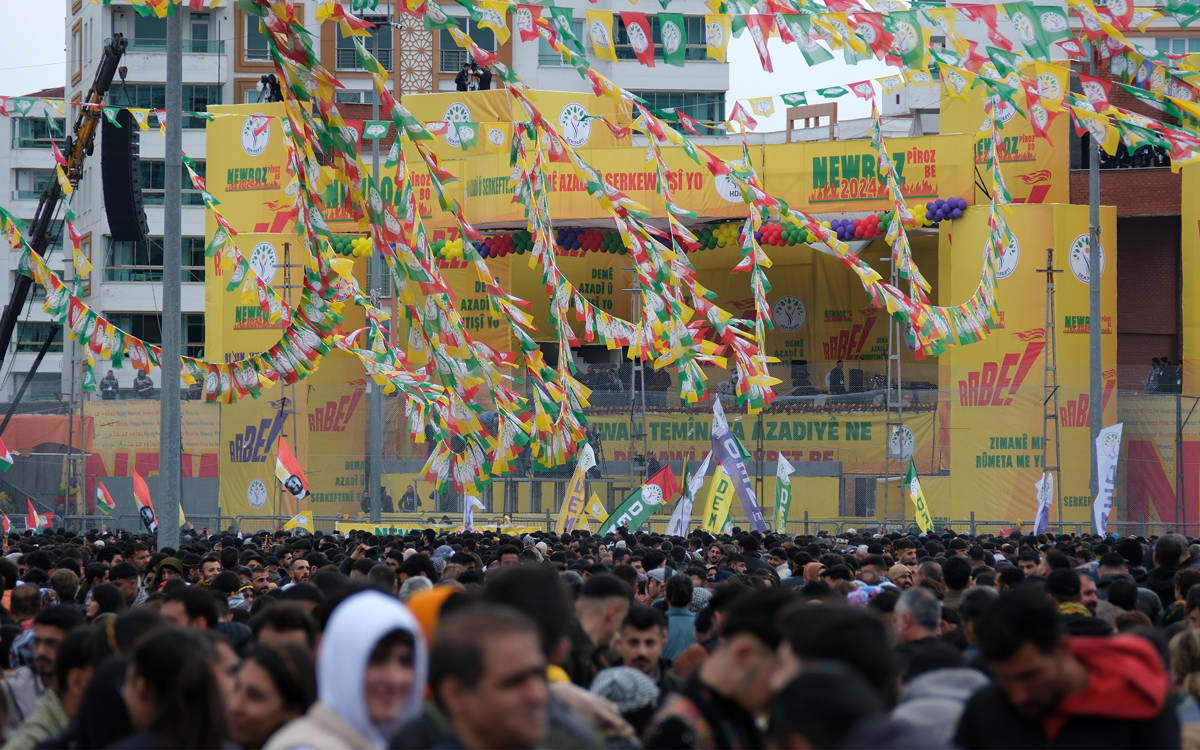




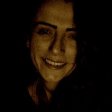
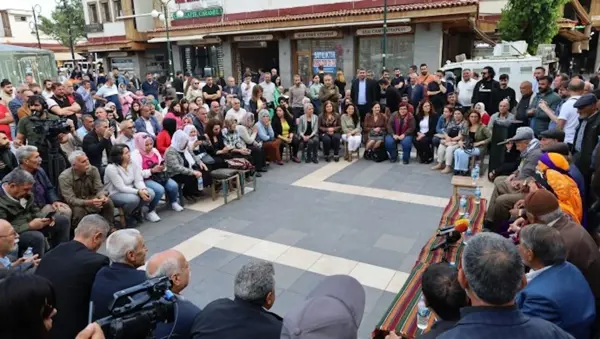
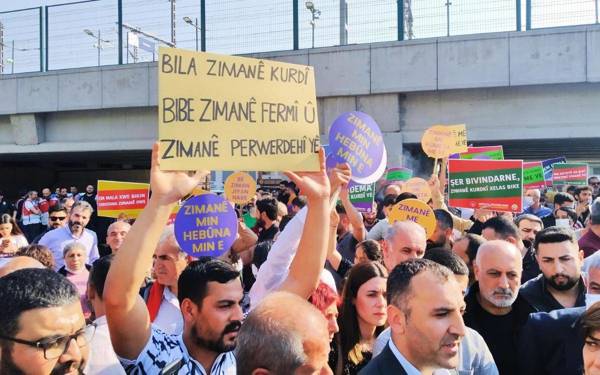
sasa.jpg)
